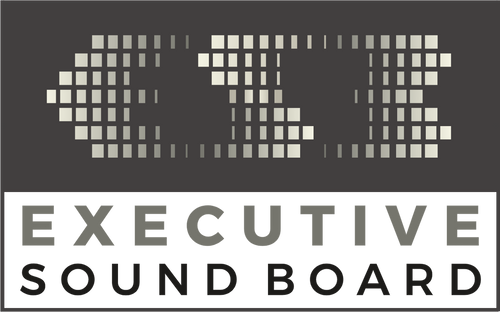
“Teams are typically so busy doing that they have little time for reflection. Team coaching helps teams review performance, boost results, improve communication and build rapport.”
According to
Richard Hackman, three key elements have been found to contribute significantly to team performance and success:
- Team design and structure;
- Team launch; and
- Competent team coaching.
Executive Sound Board utilizes the High Performance Team Coaching (HPTC) system
(Peters and Carr, 2013), which is a comprehensive approach for coaching a team throughout its business cycle. The system focuses on performance and results, both within the team and in relation to external stakeholders.
The HPTC system consists of six core coaching components, which are applicable at three different stages of the team lifecycle. A background of psychological safety and trust underpins the entire system.

Component I – Assessment
In this phase, the coach helps the team determine to what extent it meets each of six conditions for team effectiveness, as follows:
Component II – Coaching for Team Design
In the second phase, the focus is to ensure that the team has addressed the six conditions identified in the Assessment Phase.
Component III – Team Launch
Here, the coach helps the team create a Team Charter, which articulates the team’s Purpose (Vision, Mission, Business Measures, and Outcomes) as well as a set of explicit Working Agreements.
The Purpose represents what the team is setting out to produce, whereas the Working Agreements represent how the team will work together in order to achieve its purpose.
The Working Agreements can be thought of as the “rules of engagement”, and include team norms and expectations. For example, the agreements can include details regarding how meetings will be conducted, how conflict will be resolved, how team members will give and receive feedback, communication standards and protocols, etc.
Component IV – Individual Coaching
This component is designed to support the team leader (and other team members, as appropriate) through the beginning and middle stages of the team lifecycle, as they strive to create and maintain the actual team culture in alignment with the Charter. There is a focus on preparing the team leader to eventually take over the ongoing coaching of the team.
Component V – Ongoing Team Coaching
This involves monthly or quarterly sessions with the whole team, in order to support them in following through on the Charter. Among other things, the team coach may help the team reflect on each of the following:
- Working Agreements, and how well the team has been adhering to them;
- Success Check-ins – i.e. identifying and celebrating wins;
- Conflict resolution and/or avoidance, and the degree to which everyone’s voice is included in the conversations;
- Team Huddles – having each team member identify one thing that is going well and one that could be changed in order to improve team meetings;
- The GROUP (Goal, Reality, Options, Understand Others, Perform) Model for Team Coaching Sessions; and
- Reciprocal Peer Coaching, where peers take turns coaching each other.
Component VI – Review Learning and Successes
Here, the coach helps the team reflect on key learnings and successes in order to integrate important meta-level insights. Formally, this is structured as the final phase of the HPTC system, but in practice, such reviews are encouraged throughout the team lifecycle.
In the final coaching sessions of the HPTC system, the coach may choose to revisit some of the metrics from the initial Assessment phase in order to help the team track and quantify progress.
For more information about team coaching or any of our other services, please
contact us or reach out to book a
complimentary consultation.
We would be delighted to learn about your unique challenges and explore how we might be able to help.






